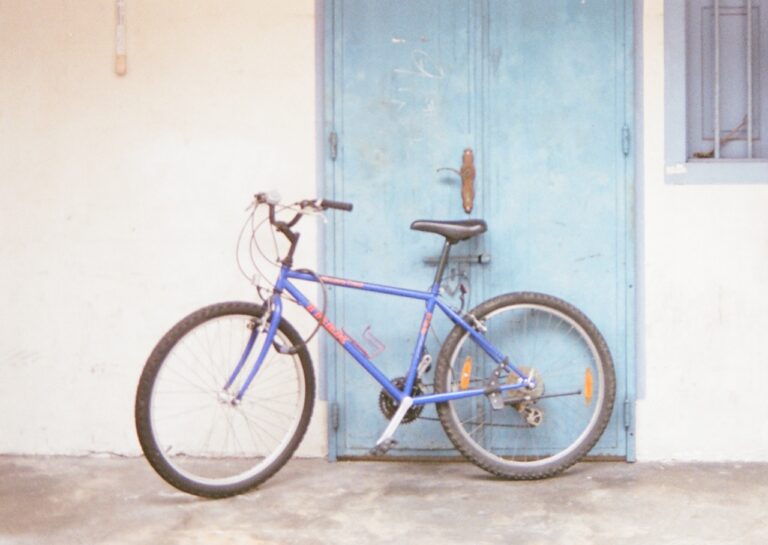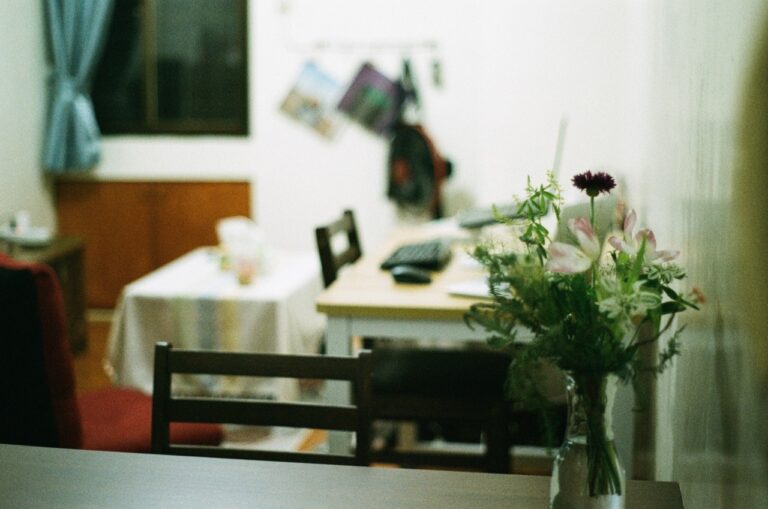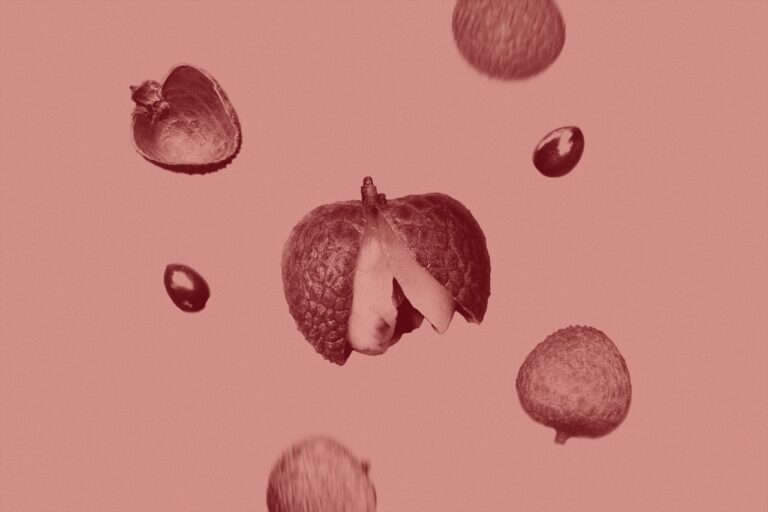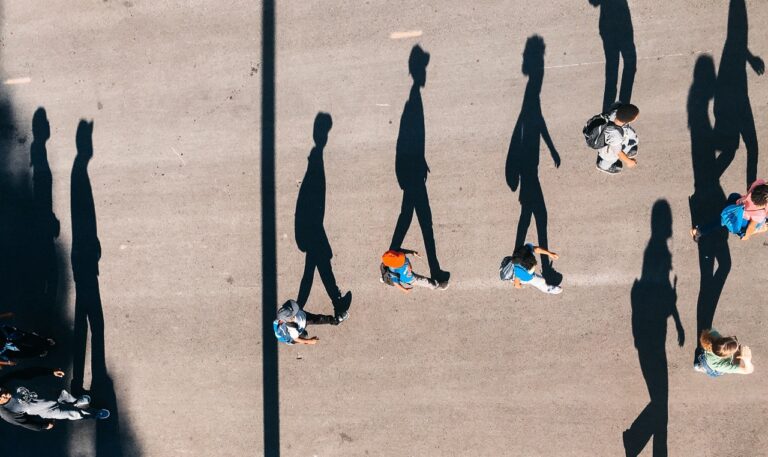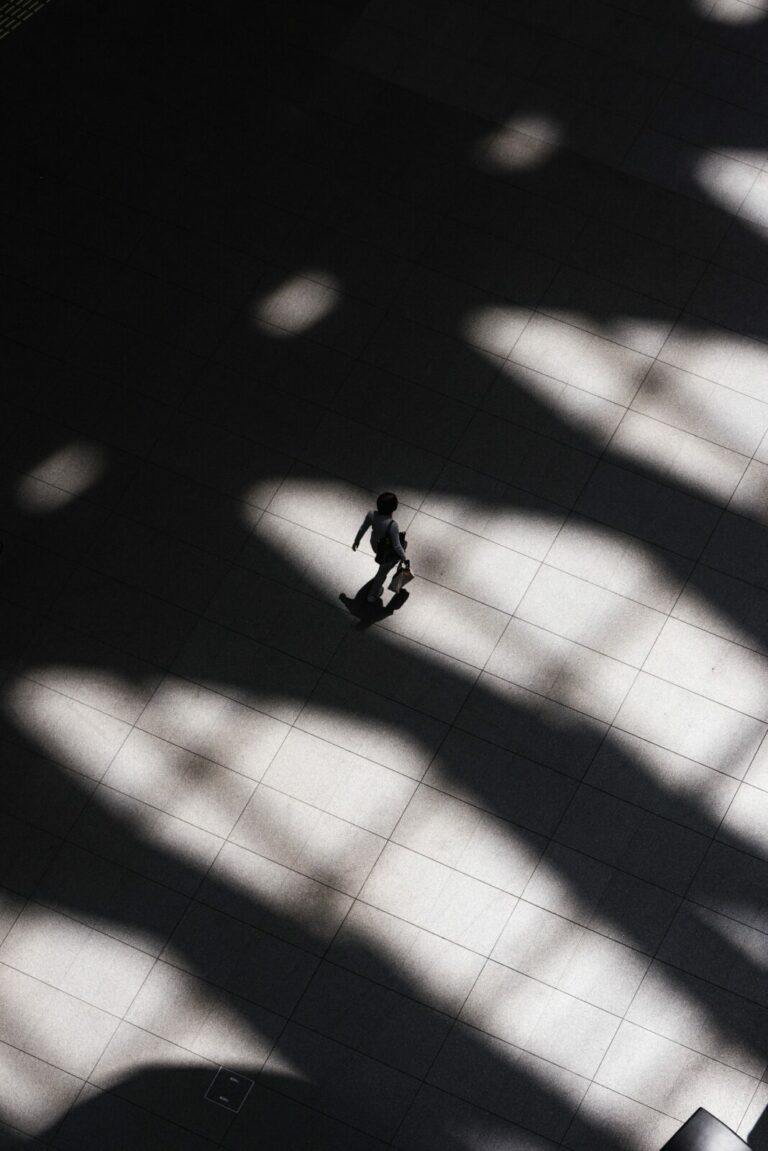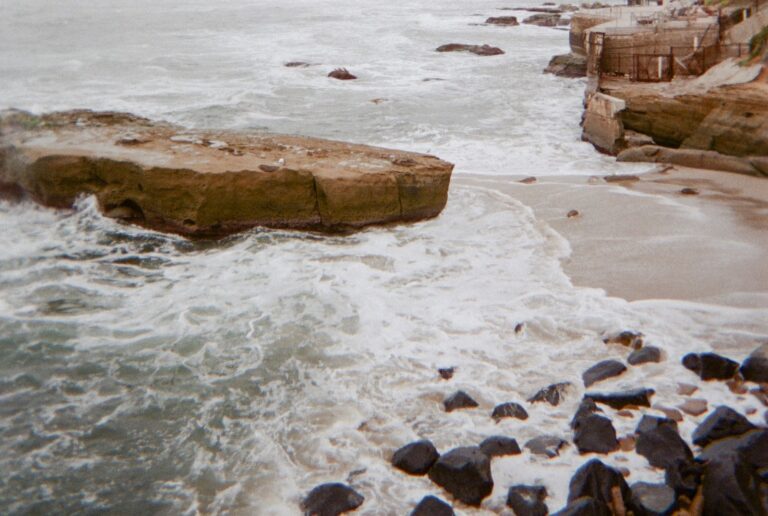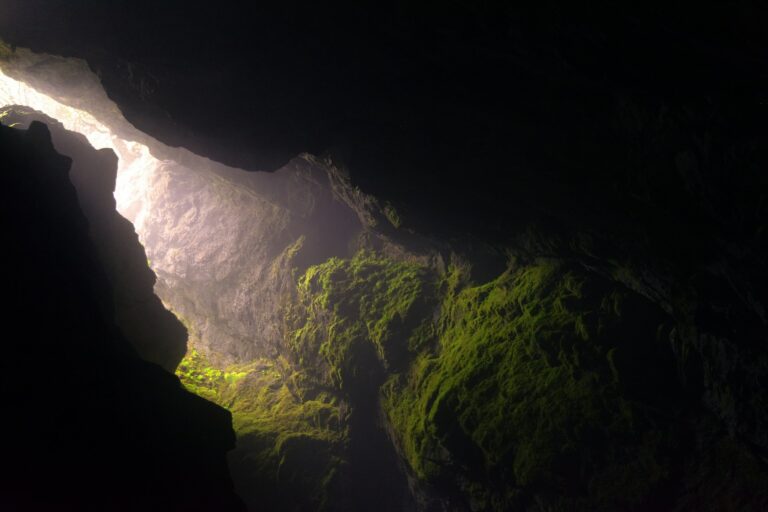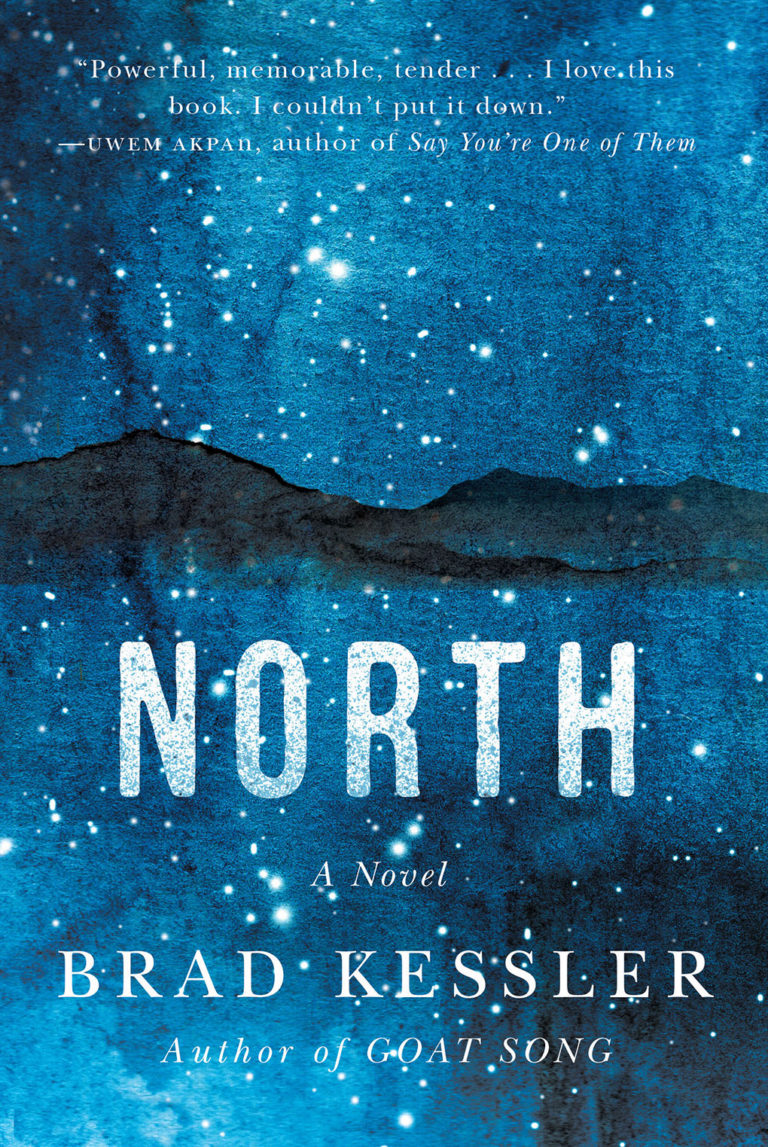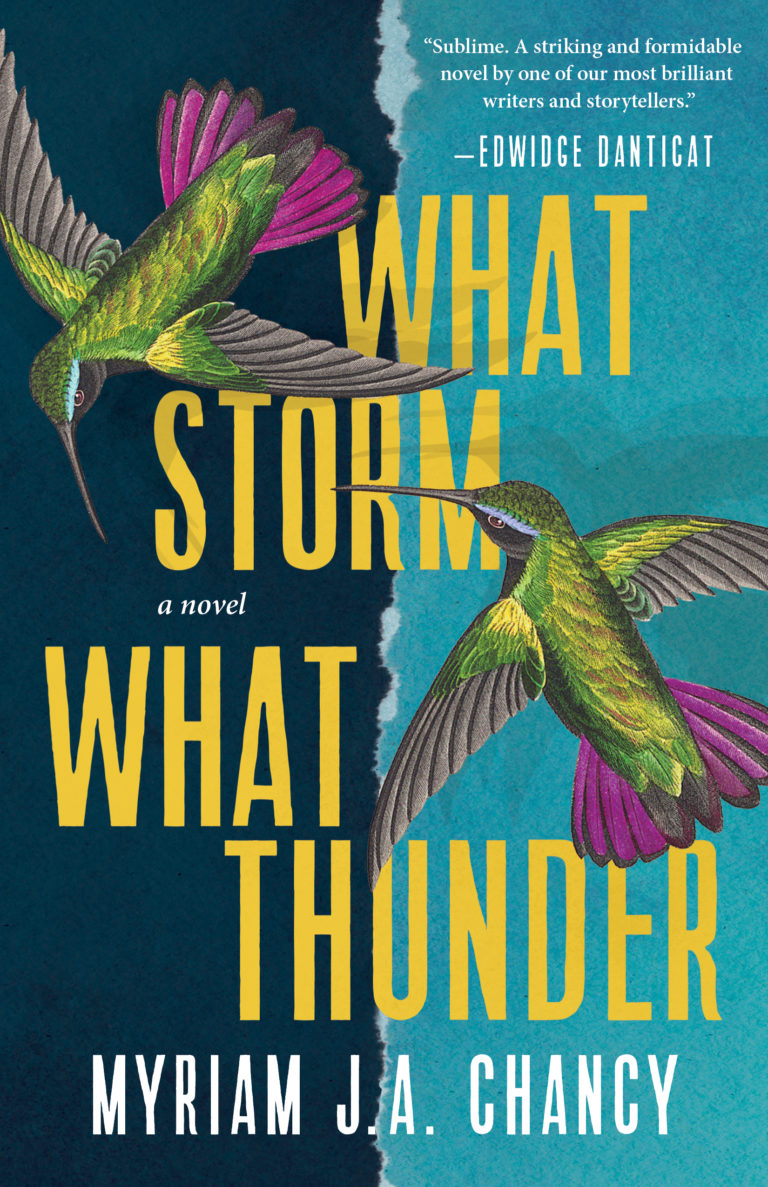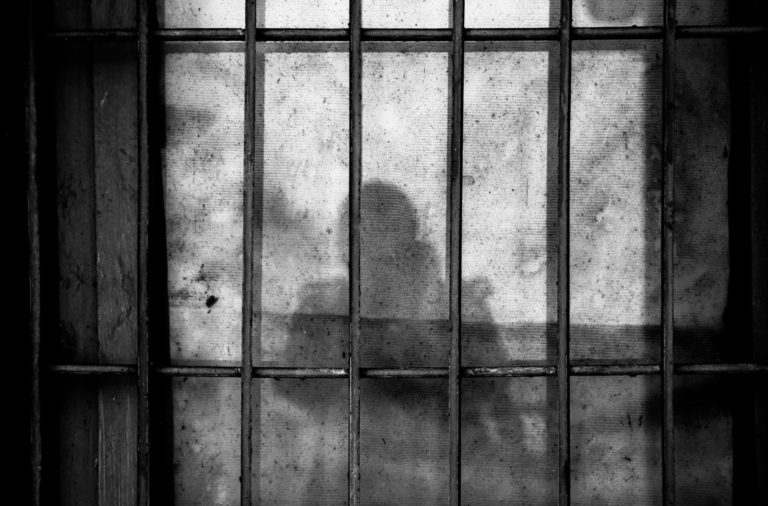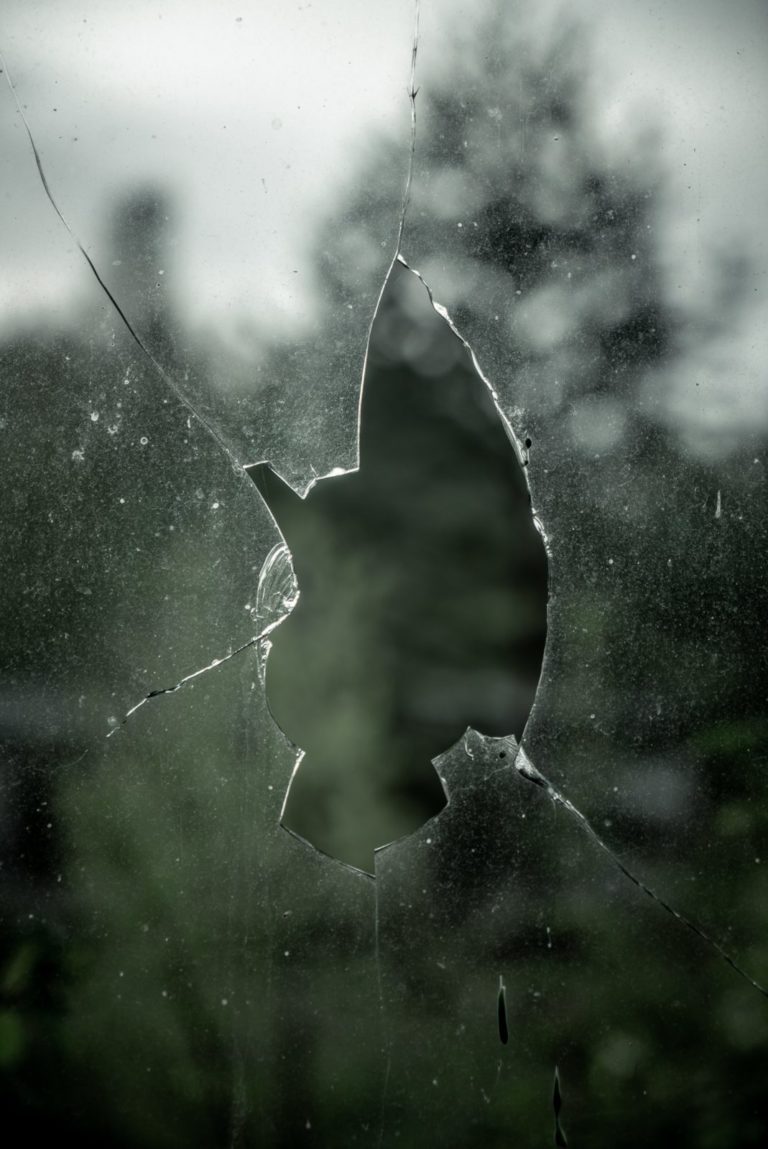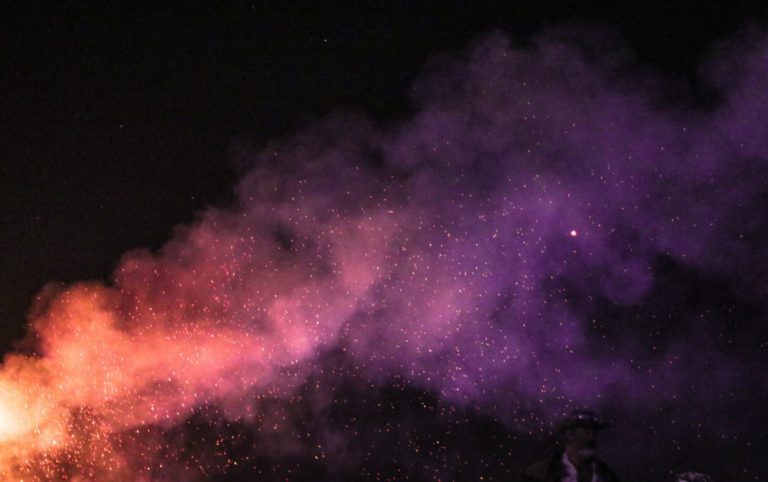Edgy dogs tap their toenails beneath the staircase in the courtyard. He flaps his napkin at one, Caffay o-lay!, ordering in sight of the half-ruined pyramids rising in the beyond, O-lay, and the dog shows teeth, that dog tears off a piece of the napkin, which relaxes it–he stops barking–makes it happy the way he, the man, is happy, it’s what’s left of his honeymoon.
She is uninterested. Everyone else watches them or pretends not to, every faux honeymooning bureaucrat and bureaucrat’s mate who will never receive a real proposal, not that kind here. All of them are secretly married to someone else—that’s how little they know each other, it’s where Mexicans go for this, even the bellhop says so. What a shock! They like the man teasing the dog. It’s what they’re all doing, the little explorations of the just married, the sly poking of the adulterers.
But the woman with the man could’ve been a man, she is so uninterested, a man would’ve been more interested. Even with his O-lay napkin flap, crows come for the crumbs she’s made of her toast, falling, then winging high just before landing at their unshaded table—they’re interested. She could be one of those crows–that red-black of her hair and intense focus on the nauseous-making crumbs instead of on him, but inside her roils me. I’ve forgotten slamming into being but here I am, just a cell inside her womb, I’m what’s making the toast nauseating, her disinterested, the bright late sun on the table brighter.
His Olay has subsided. He pats the dog, sleek with tourist leavings, while two waiters balance and cart plates and saucers, empty or not, off their table. A cloud hovers, a hiatus in mood that allows him to turn to her just as the mariachi band, out all night, clatters and slumps into the adjacent chairs. Before he can make any further fluttering effort toward her, one of them strums, brushes his hand automatically or accidentally against his strings, and of course the crew sings. They can’t help themselves, it’s an aubade, the sad morning after, the song I’m in, wriggling inside her, with the café au lait, con leche, con lechery my father would say years later to my permanently indifferent and hence irresistible mother.
Listening to the music, the couples, errant or not, drink from their cups without looking at each other. Even my father–instead of basking in my mother’s irresistible indifference–then he searches his pockets, making the music of change in chorus, the music of never enough change while the strummer, his gold-braided-sweat-mooned uniform dazzles the crows and perhaps the crowd when he stands, swaying as if he is drunk but no drunk could sing so sadly at this hour after singing so long. It is as if he too has spent the night in the little bright blue and yellow room under the gorgeous staircase until 2 a.m. when my father abducts his new wife lying across the coverlet in the nude, giggling yet indifferent, coaxing her up to the roof to look at the stars and finds instead the night overcast and bee boxes with queens about to fly. At night, screams my father into their dolorous buzzing. Even at night? Whereupon my mother, still indifferent but bold in her cameo-colored nudity, leans out over the roof to avoid the bees, and vomits.
I had been lodged inside her mere minutes.
The adulterers and the newlyweds sigh, then they pay for the band’s breakfast and probably lunch, even my father abandons his coins and stuffs five of his peso notes into the upturned hat of the still strumming singer.
Afterwards, my mother and father go horseback riding into the basalt canyons to distract themselves from each other, to enjoy a few moments without carnal rawness. I remember–I hate horses today, the heaving, the lather. The large bay my father rides knows right away he needs to flee from this new indifferent wife and races straight for the rocks. My mother screams, and her horse takes off into the opposite canyon. Their guide thoughtfully turns his horse after my mother instead of my father and finds her weeping at a spring not far away, her dark hair not unattractively framing her wet face, and the horse pawing and shuffling, reins down, not even really wanting the water.
Senorita, he says because he calls all women that, it is hotel policy, and then he says a lot of other things in Spanish.
It is I who makes her dismount and throw herself into his arms. That’s what she tells my father when he rides in, his horse cowed by his rider’s O-lay bravery, his horse having stopped suddenly at the rocks in hopes that his rider catapults over him but he doesn’t, he has clamped his legs tight, he knows.
My stomach is upset, that is all, she says, that’s why they’re embracing like that, in the basalt canyon so dark and shiny.
What my father doesn’t know is how to dismount from the wild ride his bride is about to give him for years, propelled by me, always me, first inside her honeymooning like some ride-along bee and then not, however so present in extremis long after the return home and the wait. Even still. To wit, at this juncture, the basalt canyon grinning down at all of us so puny in the landscape or so dramatically framed, the rented horses backdrop and catalyst, my mother’s crying on the guide’s shoulder confuses the guide. He is years younger than my father, a boy really, and he shoves her away, forgetting his salaried hotel indifference and his manners, the feigned cheerfulness. My father flies at him, furious not only that he has caught her in his arms, in the wiles of her cameo-skin and dark Irish, not Mexican, hair, but also, yes, because of her indifference, and he and the guide exchange blows, both of their blows glancing off because that’s how it is in real life, glancing or so solid you don’t talk about it later.
Later she lays her clothes in her suitcase. It is how she lays them, so smoothly, and flattened with the heel of her hand, that doesn’t suggest packing, a sure slowness that belies leaving, even a sorrow. Not indifference.
He doesn’t notice.
He stands at the single window of their under stairs hotel room, long and bare of shades, open to the courtyard, and watches the waiters push chairs into rows for something the two of them won’t see. There is so much they won’t see and he feels that and brushes it away like those bees that night, and turns back to her, radiant with me inside. He asks her the way you would, struck by the ineffable, if she has change for the taxi, which she wordlessly fetches, which she presses into his hand, then kisses his bruised cheek so hard it stings.
He is silent. A hurt for a hurt. He folds the money into his pocket and picks up her suitcase, then his.


